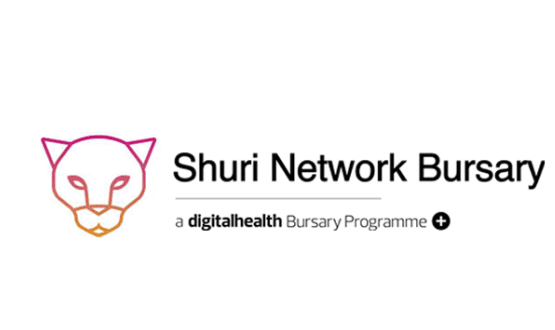Public Health England to review impact of ethnicity on Covid-19 outcomes
- 11 May 2020

Public Health England is to begin looking at how ethnicity and gender impact health outcomes from Covid-19.
A rapid review, announced in early May, will analyse thousands of existing health records of patients who have had coronavirus as well as data on health outcomes for NHS staff.
It aims to establish more robust data on the factors impacting the number of Covid-19 cases and severity of the outcomes for different groups within the population.
Vulnerable groups, including people experiencing homelessness, will also be included in the review.
Analysis of currently available data suggests people of black and minority ethnic (BAME) backgrounds are disproportionately affected by Covid-19.
Office of National Statistics figures published on 7 May revealed black people are are four times more likely to to die from the virus than white people.
As at the most recent figures, 94% of clinicians who have died due to the virus were from a BAME background, according to the British Medical Association.
Gender also appears to be playing a role in the severity of cases with early analysis suggesting cases in men are more likely to be fatal.
Professor Kevin Fenton, regional director of public health at PHE who is leading the review, said: “PHE is rapidly building robust data and undertaking detailed analysis to develop our understanding of the impact of this novel coronavirus on different groups which can inform actions to mitigate the risks it presents.
“PHE is engaging a wide range of external experts and independent advisors, representing diverse constituencies including devolved administrations, faith groups, voluntary and community sector organisations, local government, public health, academic, royal colleges and others.”
The Shuri Network, set up to support women of BAME backgrounds in digital health roles, welcomed the announcement, adding they hoped PHE would engage with a diverse range of stakeholders to hear the “lived experience” of patients, relatives and staff who have had Covid-19.
“More detail about a standardised risk assessment tool is needed from NHSE and clear board level accountability for having these conversations as a matter of urgency is imperative,” founder Dr Shera Chok told Digital Health News.
“At present each provider organisation is developing their own stratification tool. Agency and locum staff are also at risk of falling through the gaps, thus increasing the risk to some staff groups who are already vulnerable to Covid-19.”
The Network previously told Digital Health News that analysing data on BAME cases of Covid-19 cannot be passed around departments as “too difficult to confront”.
Confronting statistics
Chok, a GP, called for “stronger focus” from healthcare leaders to address inequalities highlighted in the data and said the current situation was an opportunity to show how to achieve prevention and engagement with communities “using data and technology to improve outcomes and safety”.
According to an Institute of Fiscal Studies report, published 1 May, the impacts of Covid-19 are not uniform across ethnic groups and “aggregating all minorities together missus important differences”.
For example, Covid-19 hospital deaths are highest among the black Caribbean population – three times higher than the white British group, despite white British accounting for almost 80% of the population of England.
Areas of England with a higher BAME population appeared to be disproportionately affected, it was found.
The PHE review comes after the government has faced repeated calls to publish official statistics on ethnicity. The first set of data on ethnicity was published at the end of April.
The government has also been criticised for failing to identify the sex of patients in it’s Covid-19 data collection tool. Analysis of cases in China has found the death rate among men is higher than women – 2.8% compared to 1.7%.
Italy has followed a similar pattern, with men making up 60% of confirmed cases and more than 70% of those who have died, according to the countries main public health research agency.
According to Global Health 50/50, an initiative to advance gender equality in global health, the UK is among 12 countries not reporting cases and deaths by sex, alongside Russia, the US and Turkey.




